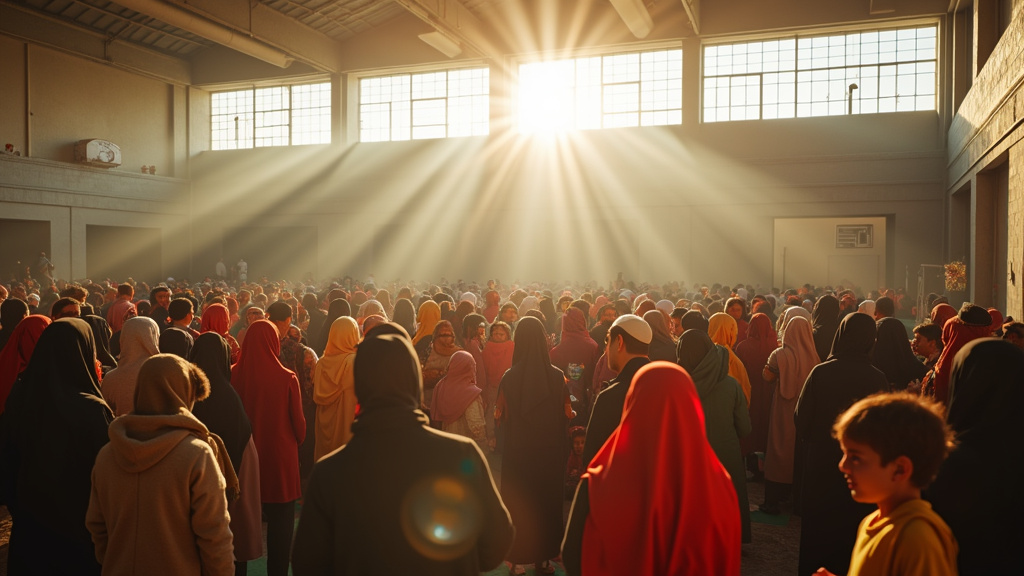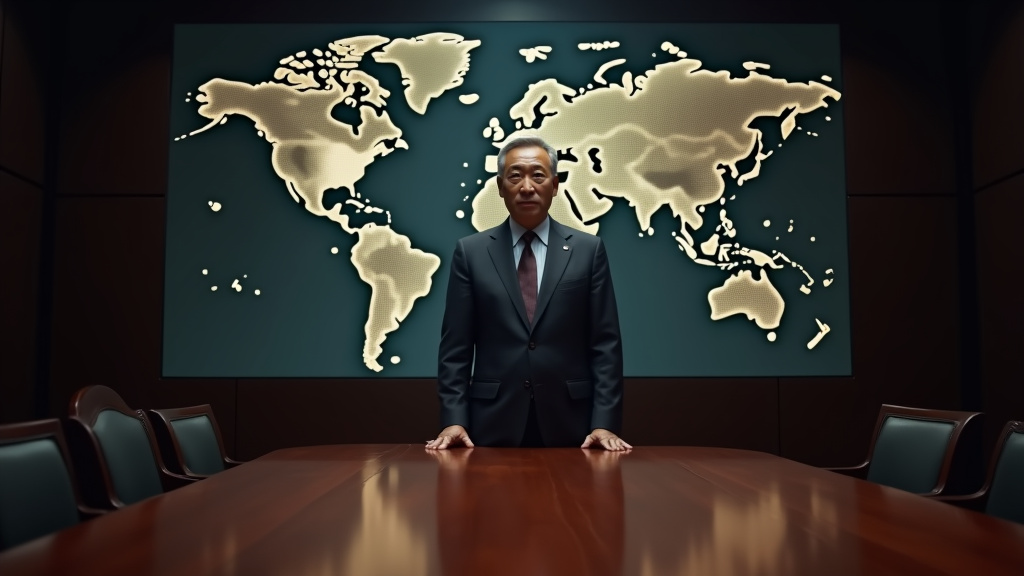In a significant intervention that has quickly become major political event news, Spain’s central government has issued a decisive order to officials in Jumilla, a town nestled in the region of Murcia, demanding the immediate revocation of a controversial ban on religious gatherings within its public sports centers. The directive marks a critical moment for religious freedom in Spain, addressing a measure widely criticized for its perceived discriminatory impact on the town’s Muslim community.
The ban, which had sparked widespread concern and condemnation, was explicitly described as “discriminatory” and a profound “breach of religious freedom” by Ángel Víctor Torres, the minister for territorial policy. His strong denouncement underscores the gravity with which the central government viewed the local policy, highlighting its potential to infringe upon fundamental rights guaranteed under Spanish law.
A Contentious Policy Unveiled and Its Evolution
The origins of the contentious ban can be traced back to the conservative-led council in Jumilla, which had actively backed the measure. Initially, the proposal emerged from the far-right Vox party, known for its strong anti-immigrant and nationalist stances. The original iteration of the ban was believed to be even more overtly restrictive, implicitly or explicitly targeting specific religious observances. However, as the proposal progressed, it was reportedly “watered down” by the People’s Party (PP), the senior partner in the conservative coalition that governs Jumilla.
Despite the PP’s modifications, which aimed to remove explicit references to Eid al-Adha and other specific religious terms, the underlying intent remained clear to many observers. The revised stipulation vaguely stated that municipal sports facilities could no longer be used for “cultural, social or religious activities foreign to the city council.” Critics argued that this phrasing, while seemingly neutral, was a thinly veiled attempt to achieve the same discriminatory outcome as the original Vox proposal, specifically impacting the religious practices of a significant segment of the town’s population. The subtle wording, they argued, did not mask the ban’s true aim, making it a top concern for human rights advocates.
The Impact on Jumilla’s Muslim Community and Major Festivals
At the heart of this dispute lies Jumilla’s estimated 1,500 Muslim residents. For this community, the town’s public sports centers are not merely venues for physical activity but serve as vital communal spaces for major celebrations and religious events. Crucially, these facilities have been regularly utilized for the observance of Eid al-Fitr and Eid al-Adha, two of the most significant religious festivals in the Islamic calendar. These annual events are not just prayers but comprehensive community gatherings, symbolizing unity, charity, and shared identity. The ban effectively stripped the Muslim community of their traditional, long-standing venues for these important observances.
The absence of suitable alternative large public spaces meant that the ban created a considerable challenge for residents to collectively celebrate these major festivals. The perceived targeting of these specific religious events led to accusations that the conservative council was undermining community cohesion and denying a significant portion of its citizenry the right to practice their faith publicly and collectively. Such local decisions can have ripple effects, contributing to broader discussions on religious freedom in other global events.
Central Government Intervention and Affirmation of Religious Freedom
Minister Ángel Víctor Torres’s unequivocal condemnation signaled the central government’s commitment to upholding religious freedom as a cornerstone of Spanish democracy. His statement that the ban was not only “discriminatory” but also a direct “breach of religious freedom” left no room for ambiguity. The central government’s intervention underscores the principle that local ordinances cannot override fundamental rights enshrined in the national constitution.
This forceful intervention highlights the role of central authorities in safeguarding the rights of minority groups against potentially discriminatory local policies. The central government’s action sends a clear message that public spaces, often used for a diverse range of cultural and social activities, including concerts and public discussions, must remain accessible to all communities without prejudice. The ruling reinforces the idea that local authorities cannot unilaterally define what constitutes an acceptable “cultural, social, or religious activity” in a way that disproportionately affects a specific faith group.
Political Reactions and Broader Implications
The decision to overturn the ban is likely to elicit mixed reactions within Jumilla. While the Muslim community and human rights advocates will undoubtedly welcome the move as a victory for religious tolerance, the conservative-led council, particularly the elements influenced by the far-right Vox party, may view it as an overreach by the central government. This clash between local autonomy and central governmental oversight over fundamental rights is a trending topic in political discourse across Spain.
The Jumilla case serves as a powerful precedent, reaffirming the state’s commitment to religious pluralism and preventing localized attempts to restrict religious practices. It underscores that despite varied political leanings, constitutional protections for religious freedom are paramount. This development will undoubtedly be a focal point in discussions surrounding religious diversity and local governance, offering a crucial lesson for other municipalities across the nation facing similar social or political challenges. The broader implications of this ruling may resonate far beyond Jumilla, influencing future debates on public space and community events across Spain and beyond.





